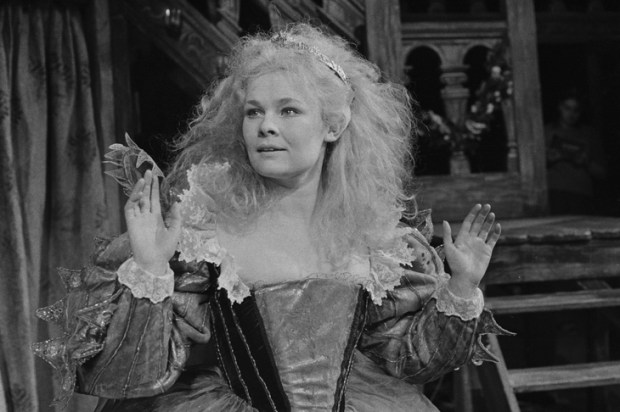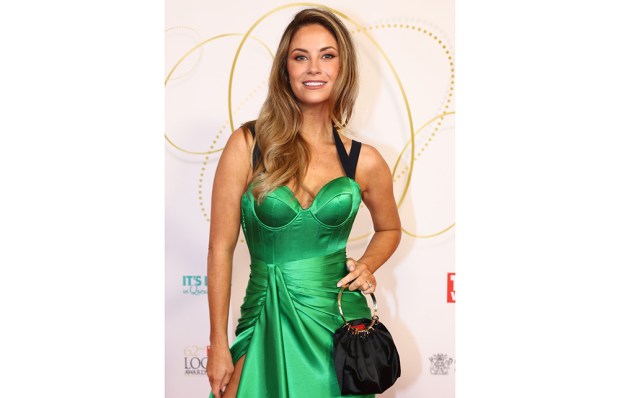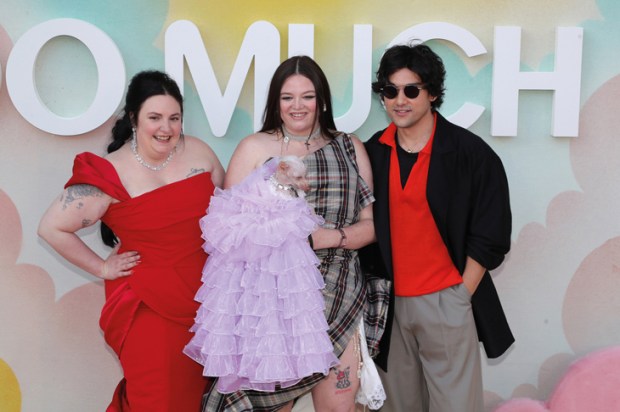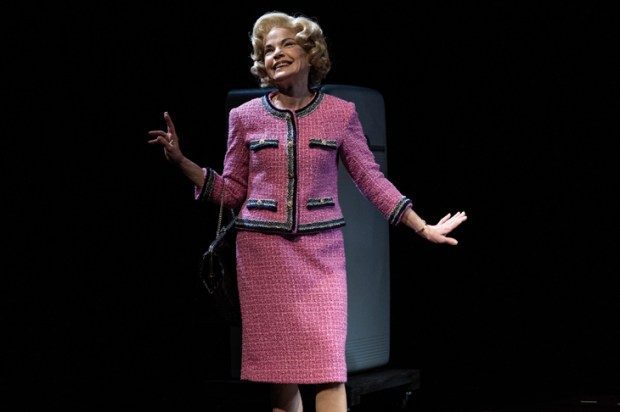What a week of music. On Thursday night we listened to the Chamber Philharmonia Cologne do Vivaldi’s Four Seasons at Scot’s Church. The performance was a bit rough but spirited and after the interval there was some Mozart and Paganini and Saint-Saëns that had the audience begging for more and getting it by way of two encores. It was also interesting that my long-ago fellow Ormond College resident Douglas Lawrence was handing out flyers to his chorus, the Australian Chamber Choir, doing Mozart’s Requiem on 27 May and they’ll be doing Bach’s St John Passion on Good Friday. Then on Saturday afternoon we saw the daytime season gala opening of the the Melbourne Symphony Orchestra which culimated in an electrifying performance of Mahler’s Fifth under the baton of the principal conductor Jamie Martín. It was an extroradinary dynamically extroverted performance of the piece we associate with Visconti’s Death in Venice. But this was not like the fusion of death and beauty in the eyes of Dirk Bogarde’s Aschenbach (Visconti with a stroke of genius made Thomas Mann’s character into a composer rather than a writer). Jamie Martín conducted Mahler’s Fifth like a drunken titan hurling himself into an abyss of ecstatic torment of self-delight. It had a sober audience shouting out in exhilaration.
Is that something we’re allowed to feel in the rewritten and patched up in the direction of moral purity Roald Dahl? It was good to see Queen Camilla, the Queen Consort, having a word to say in honour of that high and mighty thing, artistic licence. She and King Charles are savants of the word and you could do worse. The night of the Mahler concert we read the first Roald Dahl to come our way in years (apart from the film of Tim Minchin’s Matilda The Musical). It was the story ‘The Great Switcheroo’ from that deep sleeping (as opposed to woke) collection Switch Bitch, one of Dahl’s adult books, from the decadent Seventies which would have the book burners stoking the fires. It’s a story about wife swapping where the game is for the wives not to know. It’s an extraordinary performance, laugh aloud funny, with perfect pace and constant suspense. It is so patently the work of a master of the English language who is also a breathtaking storyteller that it makes you feel angry at the thought of anyone who would presume to change a jot or tittle of Roald Dahl’s prose. It is also, for what it’s worth, profoundly unsuitable for children even though it is such a hoot of a story, so richly funny and so closely observed that there probably are people now steeped in age and wisdom who stumbled on it decades ago as an illicit childhood pleasure and lived to tell the tale.
After all, we give kids Shakespeare, or should, which runs the gamut of human atrocity and heartbreak and wild dreadful lust. Think of ‘Out vile jelly’ at the blinding of Gloster or Lavinia without a tongue in Titus Andronicus. One of the bowdlerisations to the text of Matilda was to excise the name of Kipling. This comes only a few weeks after Tony Abbott echoed that wise poem ‘If’ in his panegyric for George Pell. ‘If you can talk with crowds and keep your virtue, Or walk with Kings nor lose the common touch…’ The story goes that when Princess Diana was impatient with her husband’s enthusiasm for Kipling’s Just So Stories she said, ‘Just so, Charles. Just so. Just so what?’
Kipling is now persona non grata because he reflected the splendours and savageries of Empire but it’s just a bit extraordinary that such a magical and magnificent teller of tales could be cancelled. If you stumble on Kim in adulthood having somehow resisted the drumbeat of the Great Game as a child you will be in for a enchanting surprise. Kim is an extraordinary hymn to the different cultures and the dazzling religious and spiritual visions that animate them. There is Kim’s devotion to the Tibetan lama who seeks to find the river of release and freedom from the cycle of samsara. There is the red-beared Muslim brigand Mahbub Ali who descends more than once like the flash of a scimitar and rescues Kim in the name of the one true God and his prophet. There is Creighton who cherises the rule of law that the Raj entails and the confounding of its enemies. And there is the other sahib, the Englishman who is totally immersed in the culture and idiom of Hindu India, its mesmerising tricks and its panoramic vision of the multiple gods who embody the faces of the eternal divinity, the Atman and the Brahmin. And, yes, it’s true that Kim for all his lilting voice and deep brown skin is ultimately a little Britisher (with the twist that he was born Kimball O’Hara, so he’s Irish and an outlander). But he does get the poshest education India can offer at St Xavier’s and even though his heart has been tutored by the enthralling faces of the great commingling of the world that is India – the great epic poem of its configurations of truth – he ultimately plays the Great Game and becomes a skilled and stealthy spy for the British Empire. None of which stops Kim from being a marvellous book even if the adventures on behalf of the Raj are not quite on par with the mysteries that precede them.
All of this is on show – imperfectly but grandly – in the 1950 technicolour film of Kim (available on Disney+) with Errol Flynn as the red-bearded horseman of Allah and Dean Stockwell in the title role. Flynn is not as flawlessly handsome as he had been when he made Robin Hood and Captain Blood but he still speaks in recognisable high Australian.
The film preserves Kipling’s rendition of a kind of Biblical English, full of ‘thous’ and ‘thees’ to capture the lush exotic idioms of India and it’s fascinating that the great detector of Orientalism, the Palestianian critic Edward Said, is patently enthralled by Kim in his Penguin Classics introduction.
It’s interesting too that Dean Stockwell went on to play the tubercular brother in the film of Long Day’s Journey into Night and to shine in Paris, Texas.
Got something to add? Join the discussion and comment below.
You might disagree with half of it, but you’ll enjoy reading all of it. Try your first month for free, then just $2 a week for the remainder of your first year.













